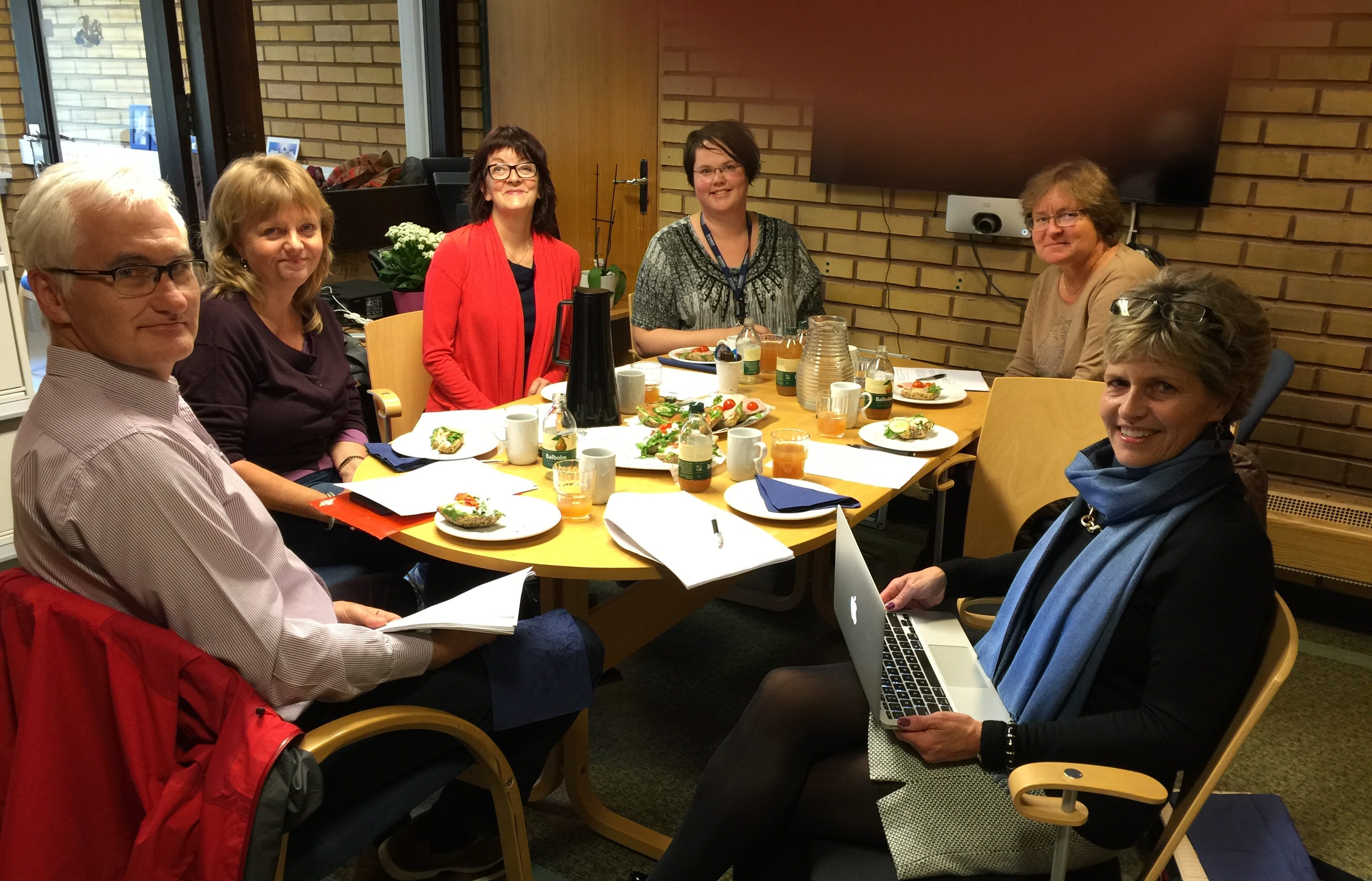The overall aim of my program of research is to reduce the global burden of cardiovascular disease in women by 2030. In 2000, the Millennium Declaration identified eight targets to improve global outcomes by 2015. Two of the goals focused on: 1) promoting gender equality and empowering women, and 2) global partnerships. Although progress was made in reaching these goals, the post-2015 development agenda of the United Nations set targets for 17 Sustainable Development Goals (2015-2030). Within these goals is a focus on physical and mental health and well-being, extending life expectancy for all, including access to quality health care and the prevention/treatment of non-communicable diseases, including cardiovascular disease. My program of research addresses four of the 17 Sustainable Development Goals (2015-2030): #5-Gender Equality, #10-Reduced Inequalities, #3-Good Health and Well-Being, and #17-Partnerships for the Goals.
Gender Equality
The development of this focus of my program of research was informed by sustainable development goal #5, which advocates for gender equality and empowerment of all women. Targets and indicators include ending all forms of discrimination, recognizing unpaid care and domestic work of women, and enhancing the use of enabling technology to promote the empowerment of women. My projects in this area include exploring the mental health and wellbeing of unpaid caregivers, self-management programs for women with cardiac pain, compassion and artificial intelligence, and sex- and gender-related factors on health across different chronic diseases.
Reduced Inequalities
The sustainable development goal #10 advocates for reduced inequality within and among countries. Targets and indicators include empowering and promoting the inclusion of all, irrespective of age, sex, disability, ethnicity, origin, religion, or economic status. My projects in this area include uncovering the cardiac pain experiences of women with disabilities, and developing and implementing a program of research that would: 1) help expand knowledge of the problem, the challenges, and barriers to primary care delivery in Indigenous Communities, and 2) foster community-driven innovations that could be evaluated and compared as potential models of community-based primary healthcare delivery.
Good Health and Well-being
The sustainable development goal # 3 advocates for ensuring healthy lives and promoting the well-being for all at all ages. Targets and indicators include reducing premature mortality from non-communicable diseases by one third by 2030 through prevention and treatment and the promotion of mental health and well-being. This includes strengthening the capacity for risk reduction, management of risk, and provision of essential health services. Within the context of my program of research, risk/risk management and health and well-being are related to cardiovascular disease.
Women have sex- and gender-related risk factors for cardiovascular disease that varies across the lifespan. Traditional cardiovascular disease risk factors (e.g., depression, anxiety, diabetes, hypertension, obesity, physical inactivity) increase the risk of cardiovascular disease to a greater extent in women compared to men. Women also have unique risk factors (e.g., hypertensive disorders of pregnancy, inflammatory arthritis) that increase the risk of cardiovascular disease.
My projects in this area include peer support interventions for women with cardiovascular disease, youth-onset Major Depressive Disorder as an independent risk condition for cardiovascular disease, diabetes and its related complications, translating existing and new knowledge about cardiovascular health and disease in women and creating sex-specific guidelines, tools, and programs focused on improving outcomes for Canadian women.
Partnerships for the Goals
This sustainable development goal advocates strengthening the means of implementation and revitalization of the global partnership for sustainable development. Targets and indicators include building capacity, enhancing regional and international cooperation and knowledge sharing, and encouraging multi-stakeholder partnerships. My projects in this area include building capacity for patient engagement and patient-oriented research, a training platform in diabetes, obesity and cardiometabolic health, and a clinical trial training platform to enhance career preparedness in RCT research.
Current Research Projects as PI

